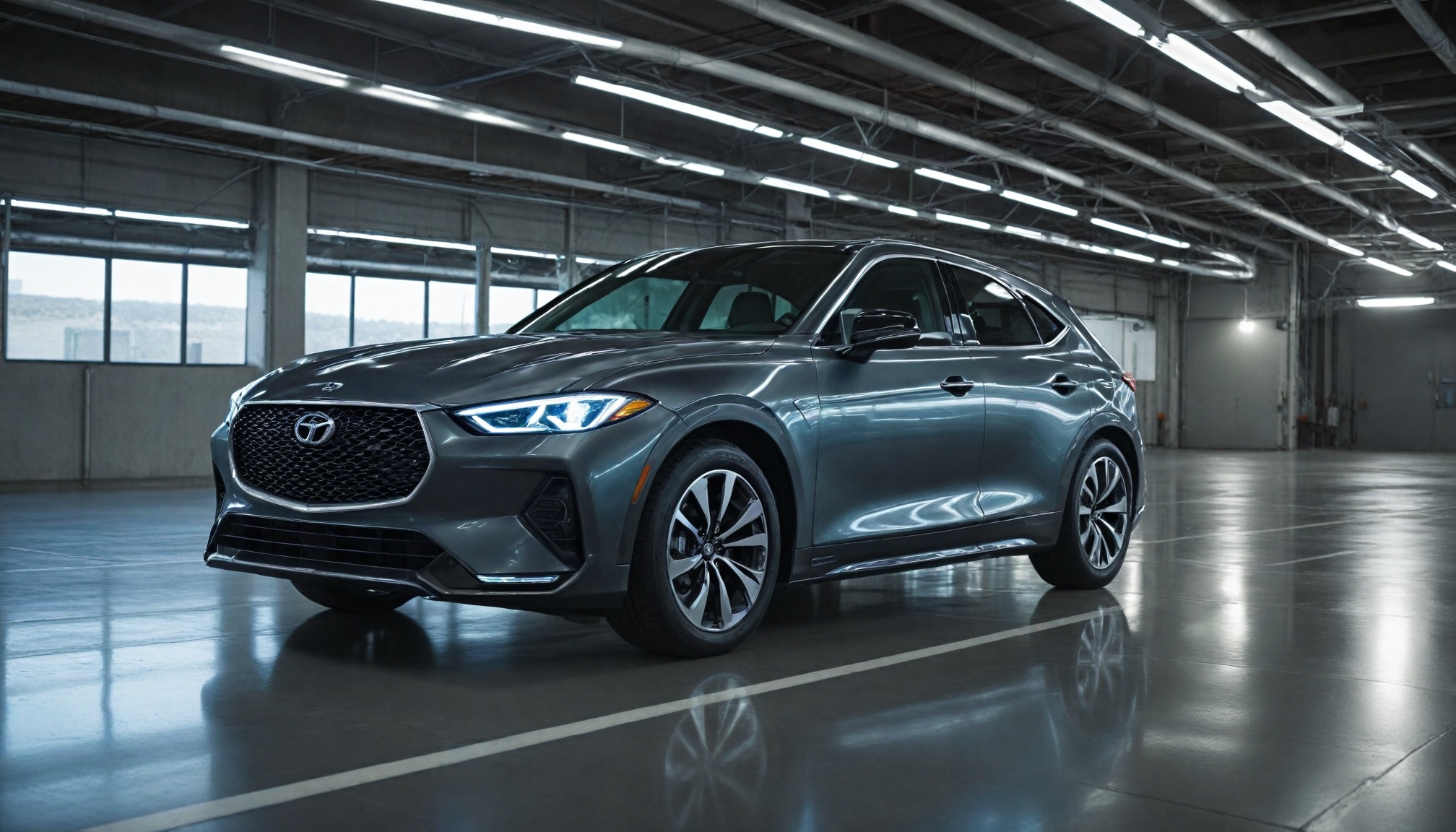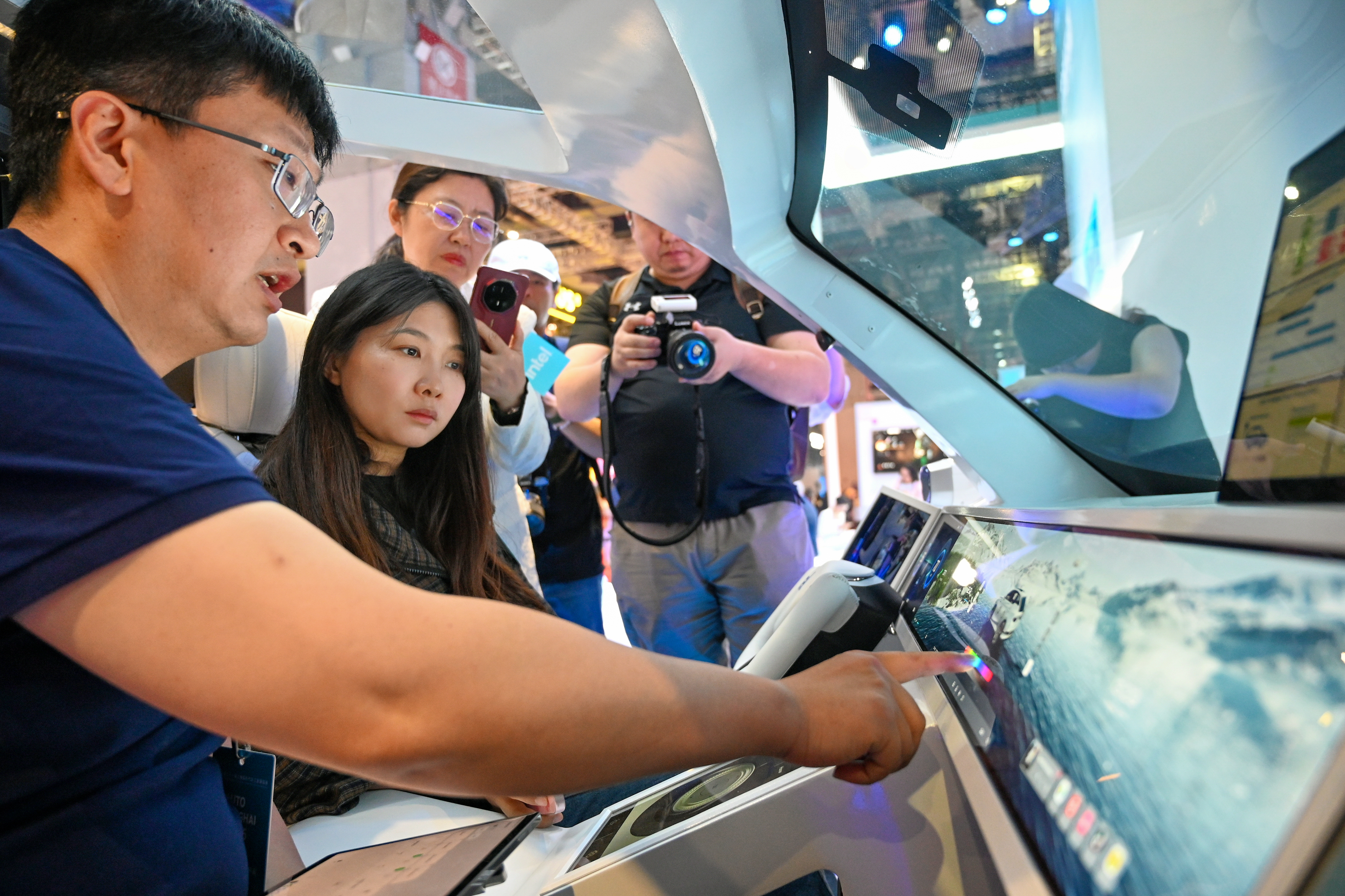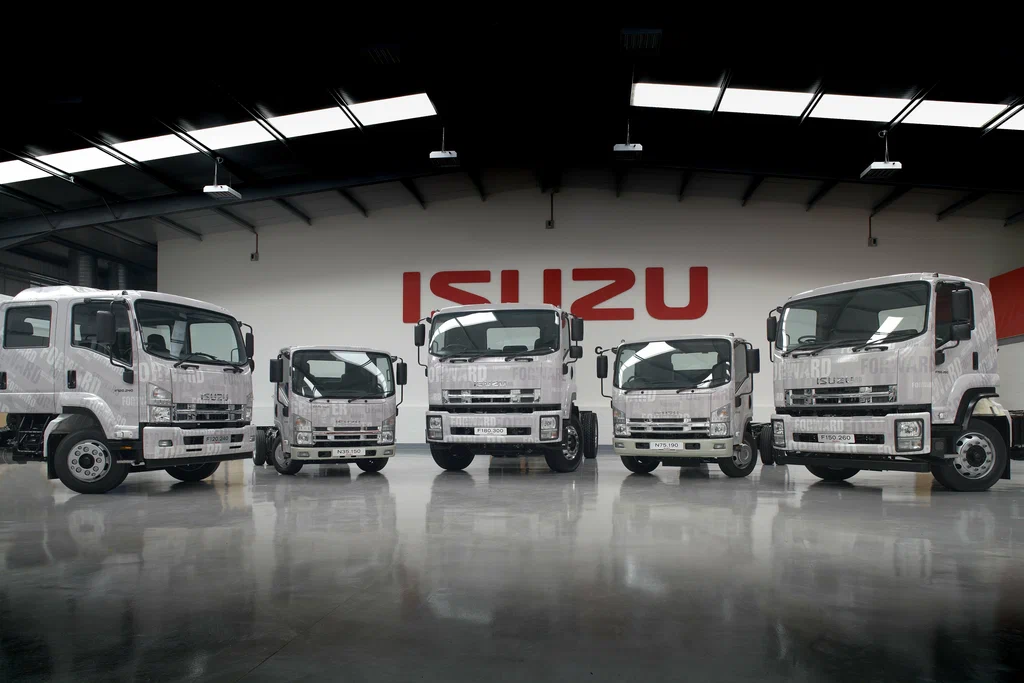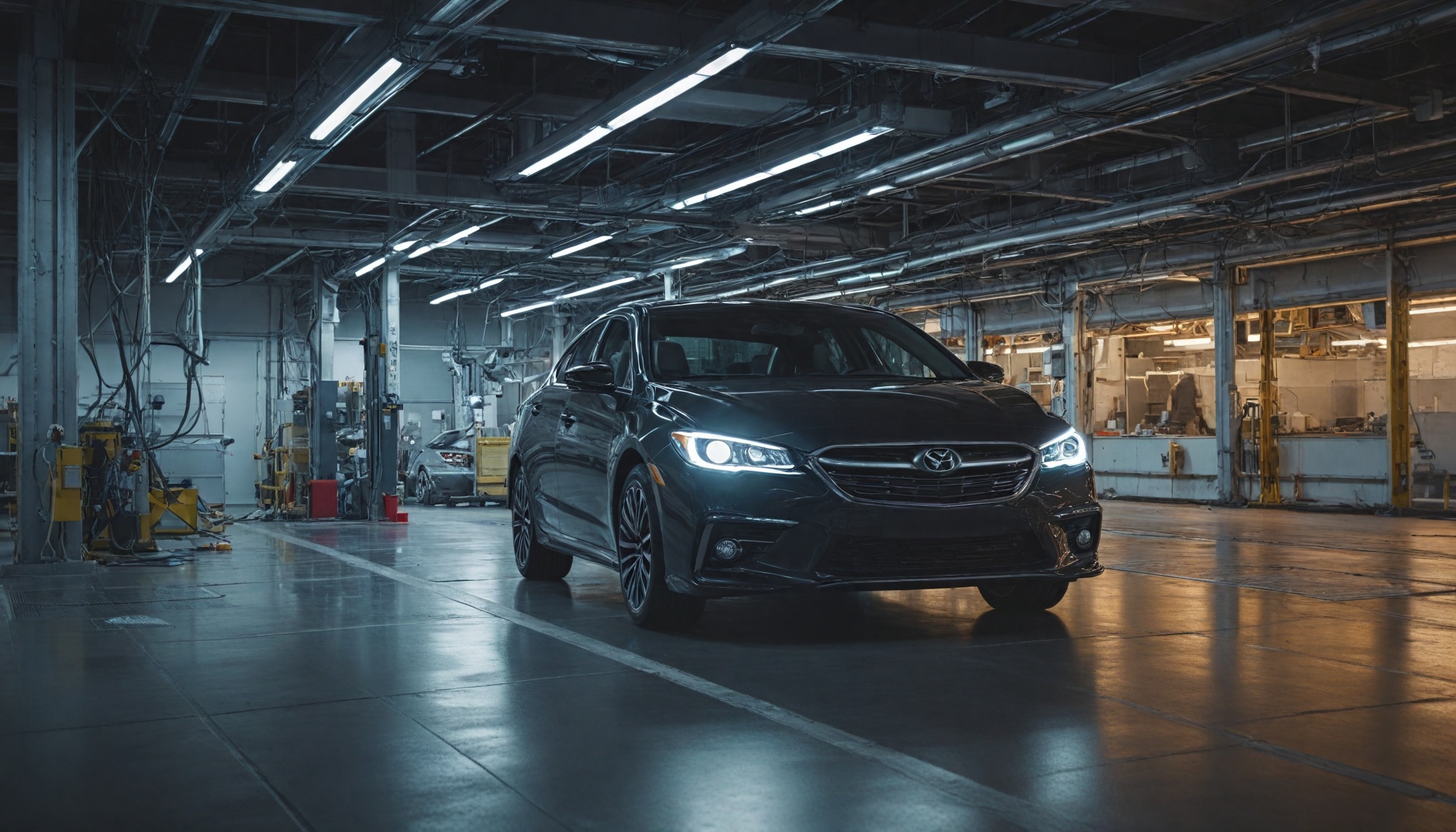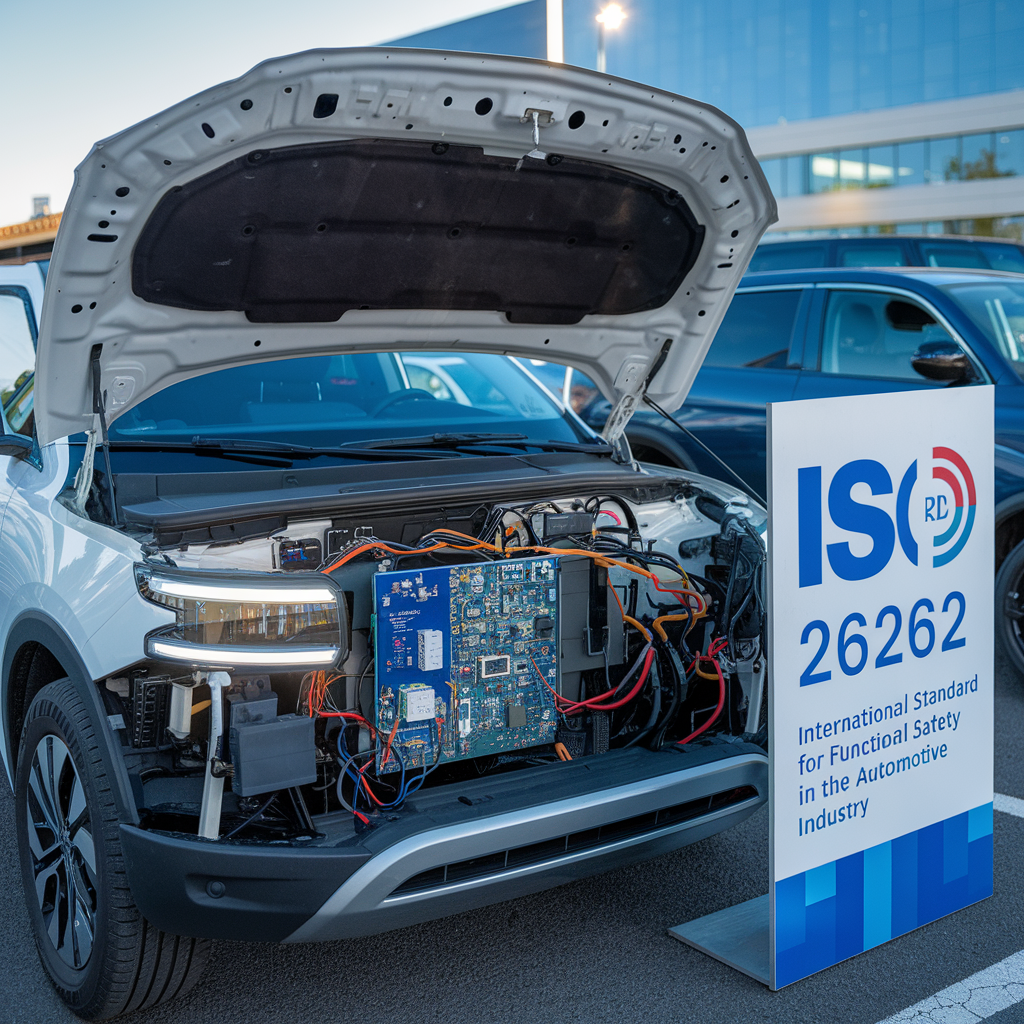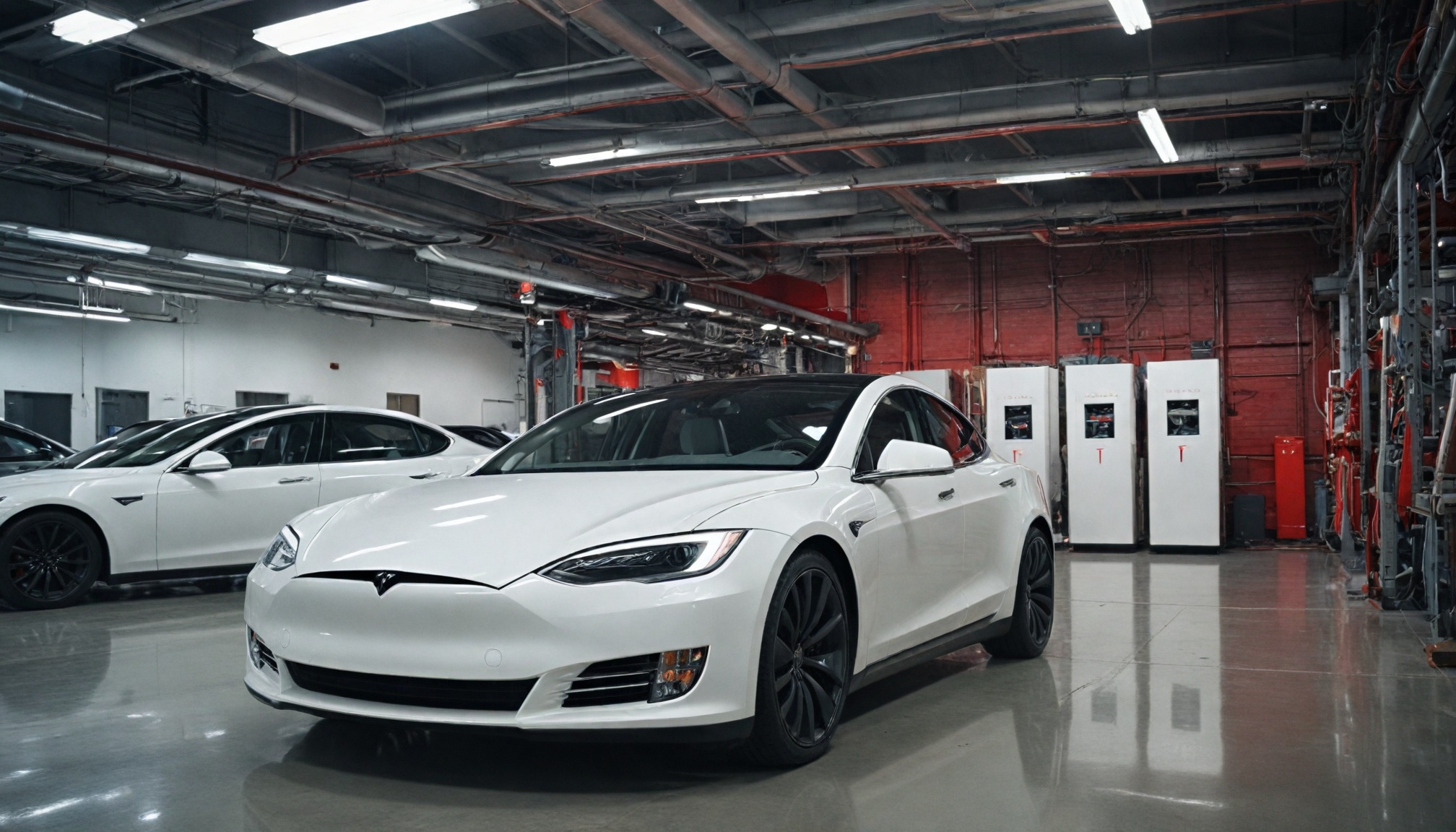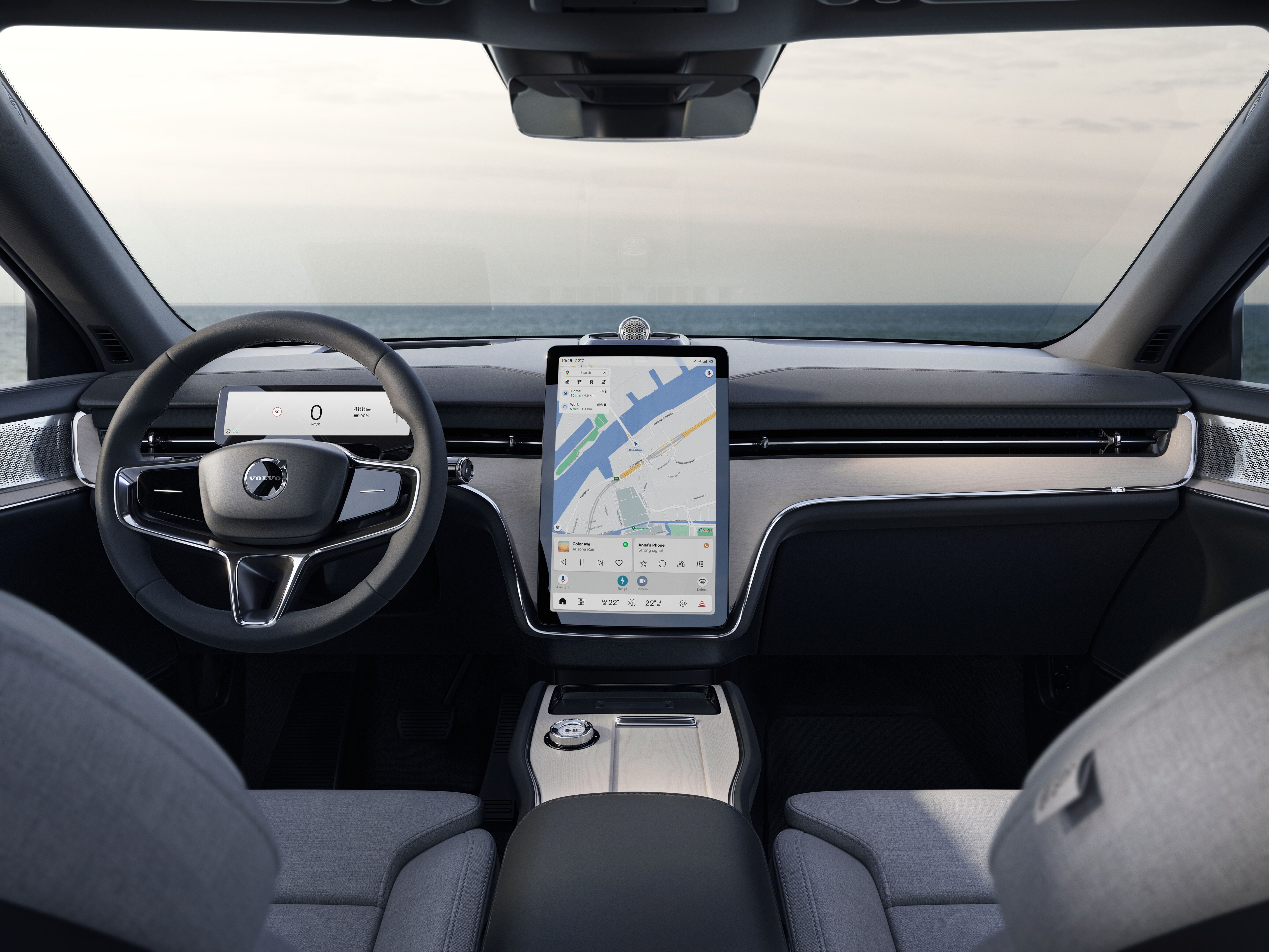
Volvo partners with Google to integrate Gemini AI in vehicles, replacing Google Assistant in 2025 for more natural interactions while prioritizing safety and user experience.

Drivetech Partners
Volvo Cars has secured the position as Google's lead development partner for integrating advanced Gemini AI technology into vehicles, putting the Swedish manufacturer at the cutting edge of automotive artificial intelligence. This exclusive partnership, announced at Google I/O 2025, builds on their long-standing collaboration and positions Volvo to redefine how drivers interact with their vehicles through sophisticated conversational AI that prioritizes both user experience and safety.
Key Takeaways
Volvo will serve as the reference hardware platform for future Android Automotive OS developments, gaining early access to features before wider industry release
Gemini AI will replace Google Assistant in Volvo vehicles later in 2025, offering more natural and intuitive conversational capabilities
Advanced features include real-time translation, contextual information about destinations, and vehicle manual queries through natural language
The partnership aligns with Volvo's safety philosophy by reducing cognitive load and minimizing driver distraction
Volvo's market position strengthens with record financial performance and first-mover advantage in luxury automotive AI implementation
Volvo Secures Exclusive Position as Google's Lead Automotive AI Partner
The partnership between Volvo Cars and Google marks a significant technological milestone in automotive innovation. Announced at Google I/O 2025, this collaboration designates Volvo vehicles as reference hardware platforms for future Android in-car development. This isn't a new relationship—the companies first established ties in May 2017, with Volvo becoming the first carmaker to introduce Android Automotive OS with Google Assistant in 2021.
What makes this partnership particularly valuable for Volvo is the early access advantage. As Google's lead development partner, Volvo will test and implement new features before they're added to the main Android codebase, giving the Swedish automaker a competitive edge in the rapidly evolving automotive technology landscape.
The collaboration showcases the Volvo EX90 as the flagship model for this AI integration, demonstrating how deeply embedded the technology will be in the company's premium vehicle lineup. This strategic position puts Volvo at the forefront of defining how AI will function in automotive environments for years to come.
Gemini AI Set to Transform In-Car Experience Later This Year
Gemini AI is poised to replace Google Assistant in Volvo cars with Google built-in later in 2025, representing a major upgrade to existing voice command systems. Volvo drivers will be the first automotive customers to experience Google's latest conversational AI technology, while users of the Android Auto mirroring app will gain access to Gemini in the coming weeks.
The shift from Google Assistant to Gemini AI is far more than a simple name change. Unlike Google Assistant's structured command inputs that often require specific phrasing, Gemini enables natural, intuitive conversations that feel more human. This represents a fundamental change in how drivers interact with their vehicles' technology systems.
Advanced Conversational Features Redefine Driver-Vehicle Interaction
The Gemini AI integration introduces a suite of advanced conversational features that fundamentally change how drivers interact with their vehicles. Natural language processing eliminates the need for robotic commands, allowing drivers to speak normally as they would to a passenger.
Some of the standout capabilities include:
Real-time message composition and translation before sending
Contextual information about destinations and points of interest
Vehicle manual queries through simple conversational requests
Seamless dialogue with intelligent, context-aware responses
Understanding of natural speech patterns and conversational follow-ups
For example, instead of saying "Navigate to the nearest gas station," a driver might ask, "Where can I fill up my car?" and the system will understand the intent. The AI can maintain contextual awareness throughout conversations, remembering previous queries and building upon them naturally—such as following up with questions about amenities at the suggested gas station.
Safety Benefits Drive Volvo's AI Implementation Strategy
True to Volvo's heritage, safety remains a central focus in their AI implementation strategy. The natural conversation capabilities of Gemini AI reduce cognitive load, allowing drivers to keep their attention on the road while still accessing needed information and functions.
Traditional voice command systems often require drivers to remember specific phrases and command structures, creating mental distractions. Gemini's intuitive interface minimizes this burden by accepting commands as they're naturally spoken, reducing the mental processing required to interact with the vehicle.
The system prioritizes hands-free operation through enhanced voice capabilities, letting drivers keep their hands on the wheel and eyes on the road. This approach perfectly aligns with Volvo's core commitment to human-centric technology and safety.
Enhanced navigation with real-time assistance also plays into the safety focus, providing drivers with timely information without requiring them to look away from the road or manually interact with the vehicle's infotainment system.
Volvo's Market Position Strengthened Through Tech Leadership
This partnership reinforces Volvo's position at the forefront of automotive software innovation during a period of strong financial performance for the company. Volvo Group recently reported a record core operating profit of Skr27 billion ($2.7 billion) in fiscal 2024, alongside unprecedented revenue of Skr400.2 billion ($40.02 billion).
Global sales reached 763,389 cars in what proved to be a landmark year for the automaker. The early access to advanced AI features creates a significant competitive advantage in the luxury market, where technological innovation increasingly drives purchasing decisions.
By positioning itself as a technology leader rather than just a traditional automaker, Volvo is changing consumer perceptions and attracting tech-savvy buyers who might otherwise gravitate toward newer automotive brands focused exclusively on electric and connected vehicles.
Industry-Wide Impact of Volvo-Google Collaboration
The ripple effects of this partnership extend far beyond Volvo's product lineup. The collaboration accelerates advancements in the connected car space for the entire automotive industry, establishing new benchmarks for in-car technology integration that other manufacturers will need to meet.
This collaborative development approach enables a faster pace of innovation than would be possible if either company worked independently. It also signals an important shift in how we perceive vehicles—less as pure transportation and more as sophisticated technology platforms that happen to move us from place to place.
Volvo's proactive approach ensures their vehicles remain cutting-edge in a rapidly evolving tech landscape, while providing Google with valuable real-world testing environments for their automotive AI systems. This mutually beneficial arrangement creates a virtuous cycle of innovation that will ultimately benefit consumers across all automotive brands.
Leadership Vision for Human-Centered Automotive AI
The executives leading this partnership have articulated a clear vision for how AI should function in automotive environments. Patrick Brady, VP of Android for Cars at Google, emphasized: "We're excited to deepen this partnership, accelerating innovation that will not only improve the driving experience for Volvo customers but also set new benchmarks for the automotive industry."
Similarly, Alwin Bakkenes, Head of Global Software Engineering at Volvo Cars, stated: "We strive to deliver human-centric technology, and a stunning customer experience is essential. This partnership with Google allows us to bring the very latest features from the leading consumer ecosystem into our products first."
Both companies emphasize putting the human experience at the center of technological advancement—a philosophy that guides development decisions and helps ensure that new features truly enhance the driving experience rather than simply adding complexity. This human-centered approach to AI development will likely shape how automotive AI evolves across the entire industry in the coming years.
Sources
Mobility Outlook - Volvo Cars Deepens Google Ties, Becomes Testbed For Android Gemini AI
Eletric-vehicles.com - Volvo To Add Google's Gemini AI To Vehicles In Expanded Partnership
Just-auto.com - Volvo Google Partnership Expansion Brings Gemini AI To Drivers
Automotive World - Volvo Cars And Google Expand Partnership With Gemini Integration And Accelerated Automotive Innovation
Images & Videos courtesy of Volvo and Google
